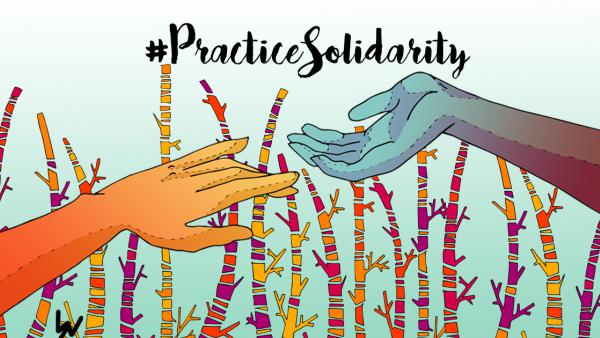This post is by Adam Tousley, who currently works for an INGO in northern Iraq.

Photo provided by author; source unknown.
On 25 August 2017 in Maungdaw Town, Northern Rakhine State (NRS), Burma, I was planning to go for a run at 6:00 AM. The day before, the United Nations Department of Safety & Security, who were a three-hour boat ride away, stated that despite the heightened tension between the Rohingya and Rakhine communities there was nothing overly concerning. Instead I woke up at 3:00 AM to a large exchange of gunfire outside my INGO guest house.
There is a common nightmare for some people finding themselves naked in public places. Take it from me; waking up semi-naked in a gunfight in Burma is far worse, especially if you’re a bearded pasty white dude. Our buildings were targeted by small arms gunfire, and my organization was singled out for attack on social media (thanks Facebook). After two days in hibernation my colleagues and I were directed to evacuate.
No one can be fully prepared to lead a base through evacuation in a rapid onset emergency. For those who have, you may remember the frustration in finding a carefully developed evacuation plan was not as developed as you had envisioned (at least I hope I’m not the only one). What had been the worst-case scenario on your risk assessment yesterday was the reality today. The road you could run on yesterday is now Continue reading





